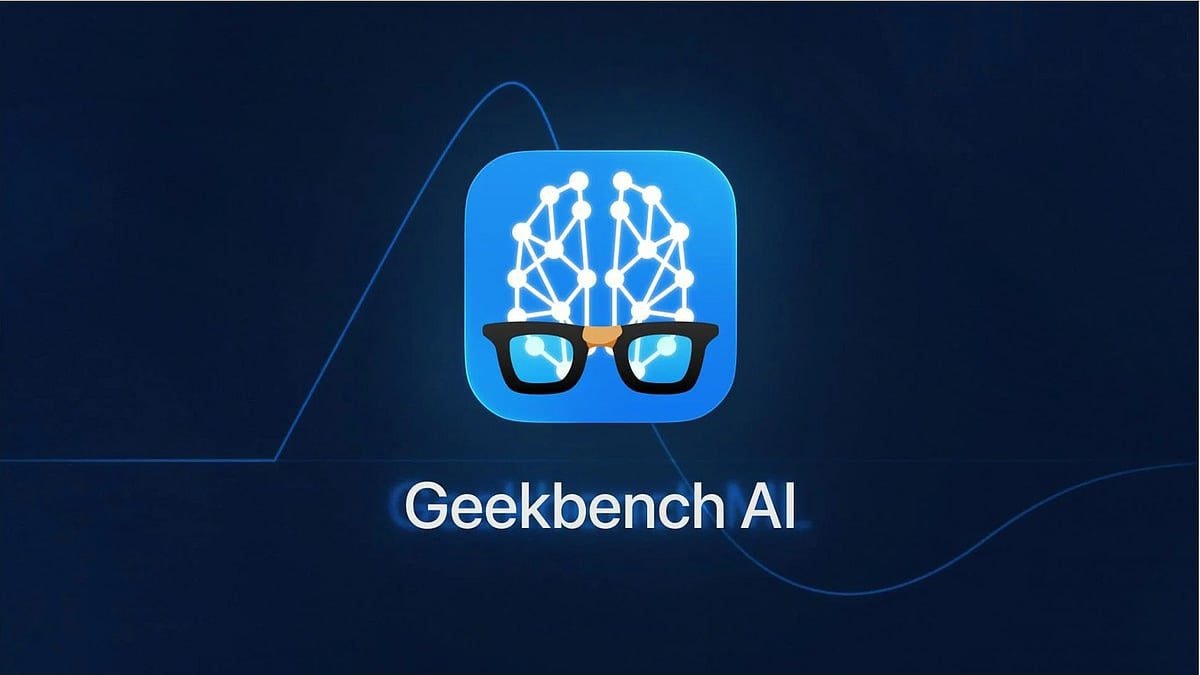AI News Bureau
Tech Firms Now Need Government Approval for Launching AI Tools in India
The Indian government's advisory specifically targets AI tools that are deemed "unreliable" or still in a trial phase. The government mandates that such tools must be labeled to indicate the potential for inaccurate answers to queries.
Written by: CDO Magazine Bureau
Updated 4:53 PM UTC, Tue March 5, 2024

Representative image by rawpixel.
The Indian government has issued an advisory requiring tech companies developing new AI tools to seek government approval before releasing them to the public.
The advisory specifically targets AI tools that are deemed “unreliable” or still in a trial phase. The government mandates that such tools must be labeled to indicate the potential for inaccurate answers to queries. Additionally, the advisory stipulates that the release of these tools on the Indian internet requires explicit permission from the Government of India.
Platforms are also urged to ensure that their tools do not pose a threat to the integrity of the electoral process, particularly with general elections expected in the summer.
This directive follows criticism from India’s Deputy IT Minister Rajeev Chandrashekhar directed at Google and its AI tool Gemini, citing inaccuracies and biases in its responses. The minister expressed concern over Gemini characterizing the Indian Prime Minister, Narendra Modi, in a certain light.
Even though Google’s CEO Sundar Pichai acknowledged Gemini’s shortcomings, admitting that it “may not always be reliable,” especially on current social topics, Chandrasekhar, emphasized that platforms have a legal obligation to prioritize safety and trust, asserting that being labeled as “Sorry Unreliable” does not exempt them from the law.
In a related move from November, the Indian government announced forthcoming regulations to combat the spread of AI-generated deepfakes in anticipation of upcoming elections. However, the tech community in India pushed back against the recent AI advisory, arguing that self-regulation could impede the country’s leadership in the tech space.
Chandrasekhar addressed this pushback, asserting that there should be “legal consequences” for platforms enabling or producing unlawful content. He emphasized India’s commitment to AI and its role in expanding the digital and innovation ecosystem, clarifying that the advisory aims to guide those deploying lab-level or under-tested AI platforms on the public internet in compliance with Indian laws.
However, the Government of India recently announced that it plans to introduce a draft regulatory framework for AI by June-July 2024 to counter growing concerns about the proliferation of deepfakes and potential harm associated with the technology.
Speaking at a Nasscom event in Delhi, Chandrasekhar said, “We will fully realize the potential of AI but set up the guardrails as well to prevent misuse,” he added, highlighting the need for guardrails to prevent misuse of AI, ensuring its responsible and ethical deployment.


